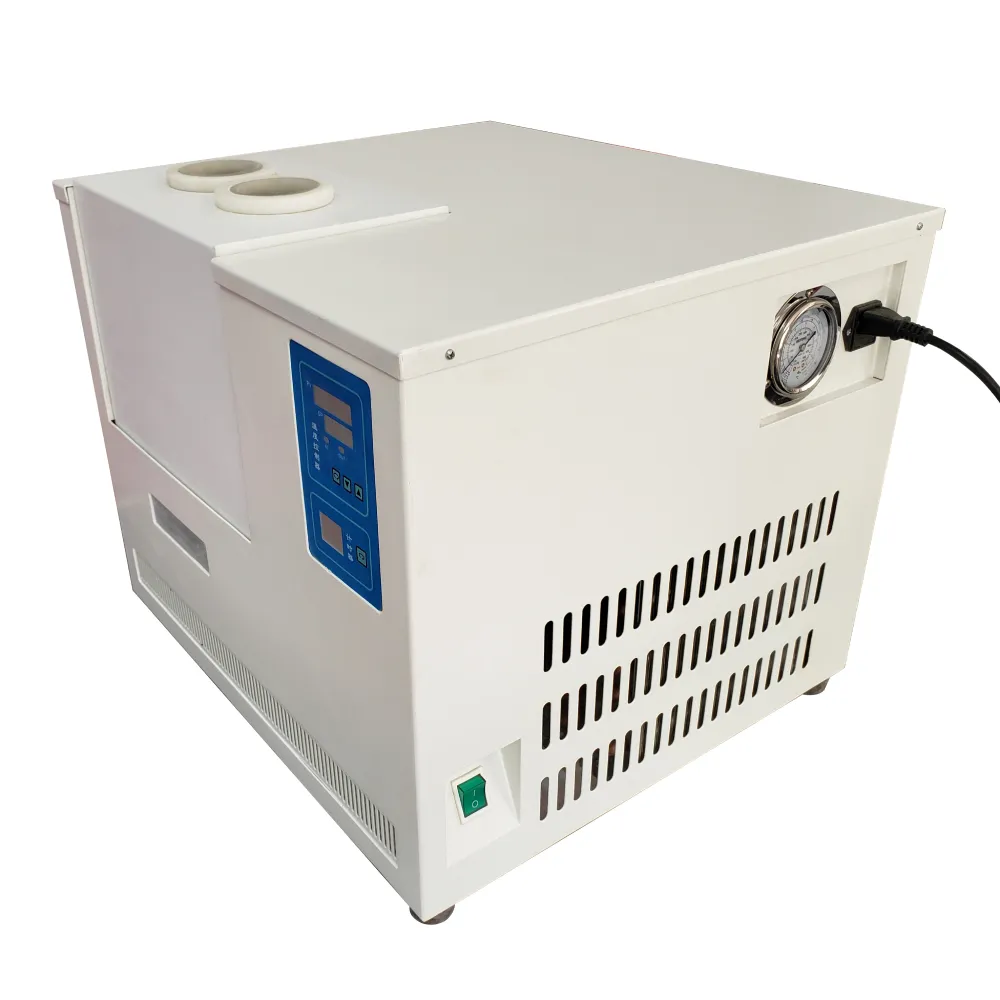 English
English


Techniques for Measuring Battery Impedance for Enhanced Performance and Longevity
Understanding Battery Impedance Measurement A Key to Enhanced Performance
Battery impedance measurement is a crucial technique used to assess the health and performance of batteries in various applications. As the demand for more reliable and efficient energy storage systems continues to soar, understanding the impedance characteristics of batteries can lead to significant advancements in their design, maintenance, and operation.
Understanding Battery Impedance Measurement A Key to Enhanced Performance
One of the primary reasons for measuring battery impedance is to provide insights into the battery’s state of health (SoH). A battery’s SoH pertains to its ability to store and deliver energy as compared to a new battery. Over time, chemical and physical changes can degrade a battery, leading to increased impedance. This degradation can be indicative of issues like electrolyte depletion, electrode deterioration, or the buildup of unwanted side products. Thus, regular impedance measurements can help in early detection of such issues, enabling timely maintenance or replacement of batteries before they fail.
battery impedance measurement

Additionally, impedance measurements are valuable in optimizing battery management systems (BMS). A well-designed BMS relies on accurate data to adjust charging and discharging protocols, ensuring the longevity and efficiency of the battery. By integrating real-time impedance monitoring, a BMS can dynamically adjust operational parameters, preventing overcharging or excessive discharge, which can significantly shorten battery lifespan.
Furthermore, impedance spectroscopy—a more advanced form of impedance measurement—allows researchers to obtain a comprehensive profile of a battery’s electrochemical behavior under various conditions. This technique can be particularly useful during the development phase of new battery technologies, providing critical insights into how different materials and designs affect performance.
In conclusion, battery impedance measurement is an essential tool for assessing battery health, optimizing performance, and guiding research and development in energy storage technology. As the world increasingly relies on batteries—be it in electric vehicles, renewable energy systems, or consumer electronics—enhancing our understanding of their impedance characteristics will play a vital role in driving innovation and ensuring sustainable energy solutions for the future.
-
Differences between open cup flash point tester and closed cup flash point testerNewsOct.31,2024
-
The Reliable Load Tap ChangerNewsOct.23,2024
-
The Essential Guide to Hipot TestersNewsOct.23,2024
-
The Digital Insulation TesterNewsOct.23,2024
-
The Best Earth Loop Impedance Tester for SaleNewsOct.23,2024
-
Tan Delta Tester--The Essential Tool for Electrical Insulation TestingNewsOct.23,2024





